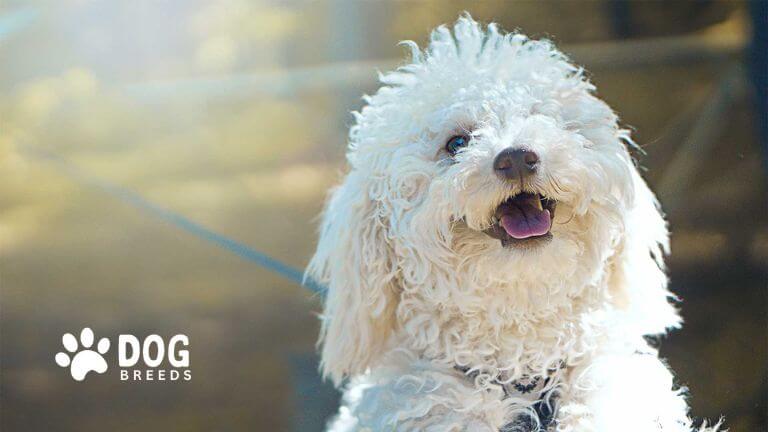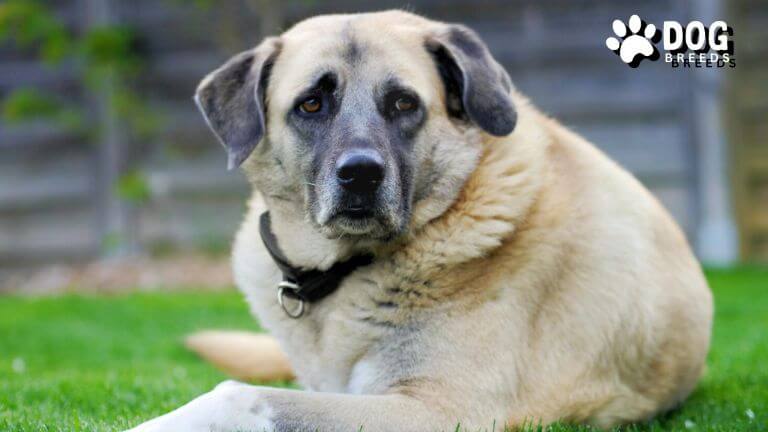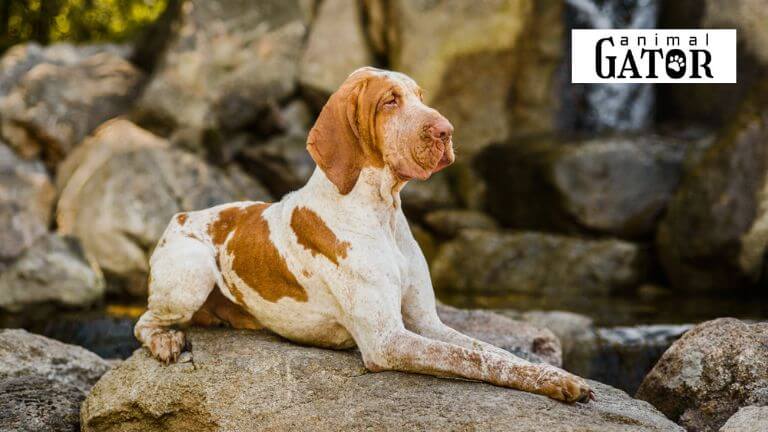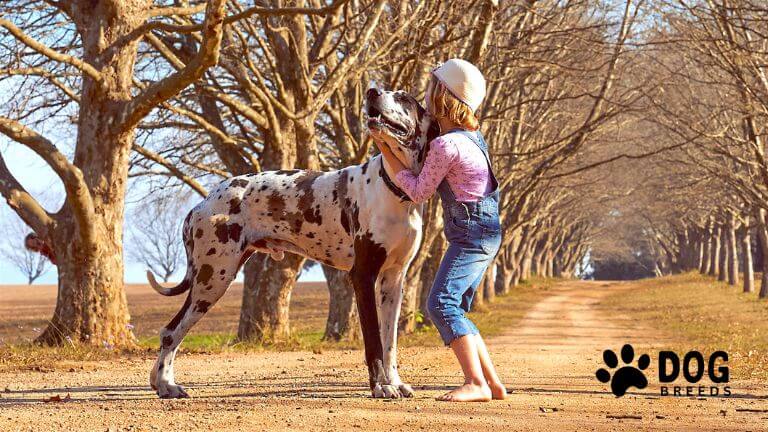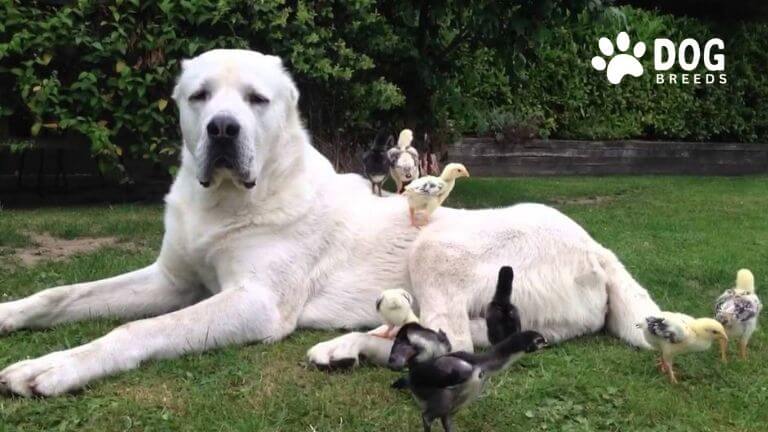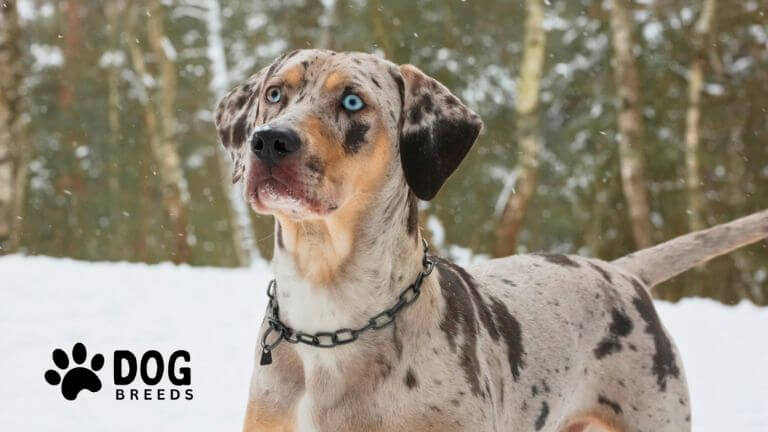Bichpoo Dog Breed: Characteristics, Care, and Health Tips
The Bichon Poo, also known as Poochon, is a designer breed resulting from a cross between the Bichon Frise and the Poodle (Toy or Miniature). These dogs are beloved for their affectionate nature, hypoallergenic coats, and small size, making them excellent companions for families, singles, and seniors.
History
The Bichon Poo breed emerged in the 1990s as part of the growing trend for designer dogs. Breeders aimed to combine the Bichon Frise’s playful temperament with the intelligence and low-shedding coat of the Poodle. While not recognized as a distinct breed by major kennel clubs, the Bichon Poo has gained popularity among pet enthusiasts seeking a charming and manageable companion.
Appearance
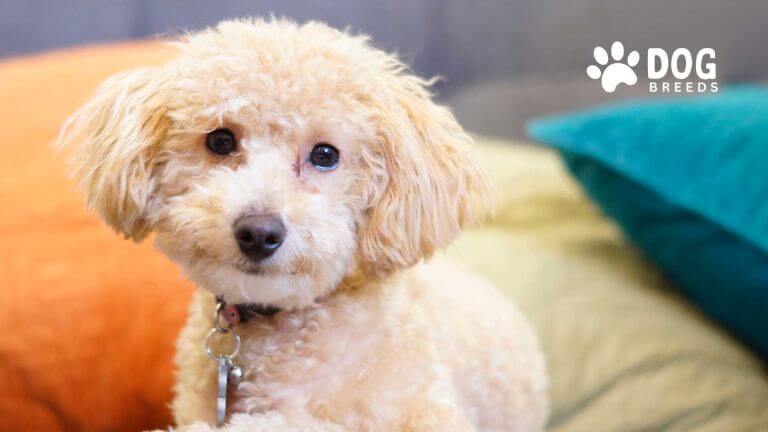
Bichon Poos are small dogs, typically weighing between 6 to 18 pounds and standing 9 to 15 inches tall. They have a curly or wavy coat that is soft to the touch and can come in various colors, including white, cream, apricot, and gray. Their round, dark eyes and button noses give them an endearing appearance.
Temperament
Bichon Poos are known for their friendly and adaptable nature. They are:
- Affectionate: These dogs love being close to their owners and thrive on human interaction.
- Intelligent: Their Poodle lineage makes them quick learners.
- Sociable: They usually get along well with children and other pets when properly socialized. However, their strong attachment to their families can lead to separation anxiety if left alone for extended periods.
Care Requirements
Grooming
- Coat Maintenance: Their curly coat requires daily brushing to prevent tangling and matting.
- Professional Grooming: Schedule grooming sessions every 6–8 weeks to keep their coat manageable.
- Other Grooming Needs: Regularly clean their ears, trim nails, and brush their teeth to prevent common issues like ear infections or dental disease.
Diet
- Feed high-quality dog food formulated for small breeds.
- Divide meals into smaller portions throughout the day to accommodate their higher metabolic rates.
- Avoid overfeeding, as Bichon Poos are prone to weight gain and conditions like diabetes.
Exercise
- These dogs need about 30 minutes of daily exercise, including walks, playtime, or backyard games.
- Mental stimulation, like puzzle toys, is essential to keep their intelligent minds active.
Training
- Use positive reinforcement methods like treats and praise.
- Keep training sessions short and engaging to hold their attention.
- Potty training may require patience due to their small bladders; consider indoor potty options like artificial grass patches.
Common Health Concerns
Bichon Poos are generally healthy but may inherit genetic conditions from their parent breeds:
- Minor Issues: Eye problems, allergies, and ear infections.
- Major Issues: Diabetes, epilepsy, and tracheal collapse. Regular veterinary check-ups are crucial to monitor their health and address issues early.
Suitability for Different Lifestyles
- Families: Their playful and gentle demeanor makes them great for homes with children. However, teach kids to handle them gently due to their small size.
- Singles and Seniors: They thrive in smaller households and adapt well to apartment living, provided they receive daily interaction and exercise.
- Active Owners: While not highly energetic, they enjoy participating in activities like walking and fetch.
Socialization and Breed-Specific Tips
- Start socialization early to build their confidence around new people and environments.
- Address separation anxiety by gradually increasing the time they spend alone and providing interactive toys.
- Keep grooming a positive experience to ensure they remain comfortable during maintenance routines.
Summary
The Bichon Poo is an excellent choice for anyone seeking a loving, intelligent, and low-shedding companion. Their adaptable nature makes them suitable for a variety of lifestyles, but they thrive in homes where they receive plenty of attention and care. With proper grooming, training, and health management, they can bring joy and companionship for many years.
If you’re ready for a loyal, playful friend who will keep you company and brighten your days, the Bichon Poo might be the perfect match!
There are plenty of dog breeds to suit all kinds of lifestyles and homes. With a little research, you can find your next best friend!
FAQs About the Bichpoo Dog Breed
Do Bichpoos Bark a Lot?
Bichpoos are moderate barkers. They may bark to alert their owners to new people, noises, or changes in their environment. While not excessively vocal, they can develop a tendency to bark if they are bored, anxious, or seeking attention. Proper training and mental stimulation can help minimize unnecessary barking.
What Are the Problems With Bichpoos?
Bichpoos are generally healthy but can be prone to certain issues, including:
- Health Problems:
- Eye conditions like cataracts or progressive retinal atrophy.
- Ear infections due to their floppy ears.
- Allergies and skin sensitivities.
- Behavioral Challenges:
- Separation anxiety if left alone for long periods.
- Barking, especially when not adequately socialized or mentally stimulated.
- Grooming Needs:
- Their curly coat requires regular maintenance to prevent tangles and matting.
- Routine vet care and early training can help address most of these problems.
Are Bichpoos Aggressive?
No, Bichpoos are not typically aggressive. They are friendly, sociable dogs known for their affectionate and gentle nature. However, like any breed, improper socialization or fear-inducing situations could lead to reactive behavior. Early and consistent socialization ensures they remain well-behaved around people and other pets.
Is a Bichon Poo a Good Dog?
Yes, the Bichon Poo is an excellent dog for many households. They are:
- Family-Friendly: Gentle and playful, making them ideal for families with children.
- Adaptable: Suitable for apartment living or homes with limited space.
- Low-Shedding: Their hypoallergenic coat is perfect for allergy sufferers.
- Affectionate Companions: They thrive on human interaction and love being part of the family.
- Overall, their intelligence, sociability, and manageable size make them wonderful companions for various lifestyles.
- Why Are Dalmatians Not Popular? Uncovering the Truth Behind the Rarity of This Iconic Breed - April 16, 2025
- Top 15 Chinese Dog Breeds: Discover the Best Dogs from China - April 14, 2025
- Dalmatian Dog Breed: History, Care, Personality & Health - April 3, 2025

